Dialogues Concerning Natural Religion: with “Of the Immortality of the Soul, “Of Suicide”, “Of Miracles”
£4.70
Hume’s brilliant and dispassionate essay Of Miracles has been added in this expanded edition of his Dialogues Concerning Natural Religion, which also includes Of the Immortality of the Soul,Of Suicide, and Richard Popkin’s illuminating Introduction.
Read more
Additional information
| Publisher | 2nd edition (1 Sept. 1998), Hackett Publishing Co, Inc. |
|---|---|
| Language | English |
| Paperback | 129 pages |
| ISBN-10 | 0872204022 |
| ISBN-13 | 978-0872204027 |
| Dimensions | 13.97 x 1.27 x 22.23 cm |

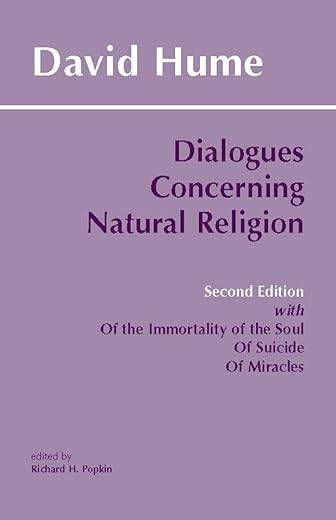
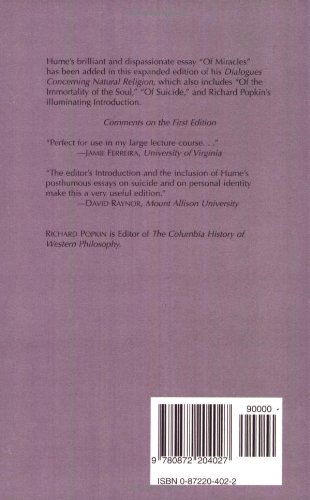
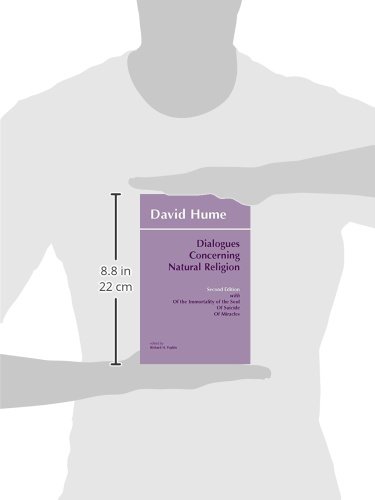
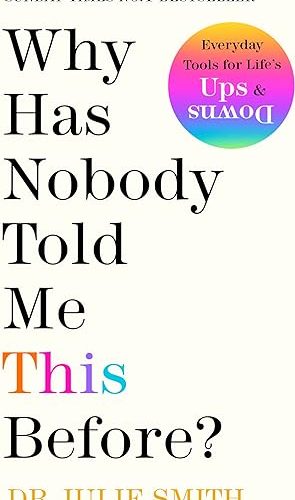
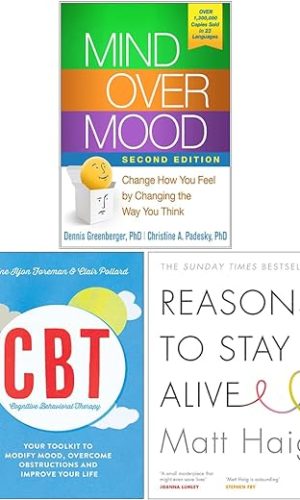



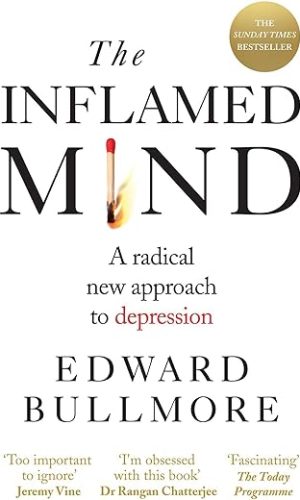
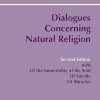
by Chris Palmer.
Perfect for students. This helped me in my first year philosophy class. Recommend!
by Kurt Messick
David Hume, a philosopher of the period often classified as British Empiricism, is the intellectual associate of philosophers John Locke and George Berkeley. Born in Edinburgh in 1711, he attended the University of Edinburgh but did not graduate. He went to France during his 20s, and spent time there working on what would become his most famous work, ‘An Enquiry into Human Understanding’, first published under the title ‘Treatise of Human Nature’. However, Hume was a prolific writer, and dealt with many areas of philosophy, including politics and ethics, epistemology, and metaphysics. He wrote in the area of history as well, and had a politic career as British ambassador to France and a post as a minister in the government for a few years. His final work, ‘Dialogues Concerning Natural Religion’, was published posthumously in 1779, although work had begun on it as early as the 1750s.
Hume was very concerned about rationality. Hume was never publicly and explicitly an atheist, but his rational mind, concerned about sensory and intelligible evidence, led him to question and doubt most major systems of religion, including the more general philosophical sense of religion and proofs of the existence of God. The primary arguments in his ‘Dialogues Concerning Natural Religion’ deal with the Argument from Design, and the Cosmological Argument. There is an assumed distinction here between natural religion and revealed religion, an especially important distinction in the Enlightenment and post-Enlightenment philosophical structure.
– Natural Religion and Revealed Religion –
Natural religion is the idea that we come to know and understand God (and, consequently, what God wants or expects of us, if anything) simply from nature and our sensory perceptions, as well as our interpretations (emotion and rational) of this kind of understanding. From very early in his writing career, Hume attacked the idea of natural religion and most of its conclusions, drawing a sharp line between what we can actually know and what ends up being fanciful extrapolations based on other-than-rational ideas and evidence. Revealed religion is primary what most religions base themselves upon – the burning bush to Moses, the resurrection and post-resurrection appearances to the Apostles, the Buddha’s enlightenment under the tree – these are examples of revelation. While Hume does take on the idea of revealed religion in his other works, this particular text does not concern itself with that topic, and stays in the domain of addressing natural religion.
– The Argument from Design –
Arguments from Design have always had a strong appeal to believers within religious frameworks; they have often been used as tools of evangelism, as attempts to show that beyond the revealed doctrines, the very nature of things points to a creator. In very short order, the Argument from Design in Hume’s newly-industrial time might have read like this:
– Machines are designed by beings with intelligence.
– The world and the universe it is in resembles a machine.
– Therefore, the world must have been created by means of intelligent design.
This is an argument by analogy, and is convincing to some, but often more convincing to those already inclined to believe in the existence of God.
– The Cosmological Argument –
The Cosmological Argument is at once both more subtle and more simple. The most simple way of stating it would be that God is the ‘first cause’ of everything. If everything has to have a cause (even the whole universe), then that first cause must be God. In the twentieth century era of thinking of a universe that began with a Big Bang, it seemed to some that the Cosmological Argument was confirmed.
Hume would have been familiar with Leibniz’s more subtle form of the Cosmological Argument, which argues for a world of infinite contingent causes. However, there has to be something outside of this system of infinite causes that produced the series – thus, even in a universe with no set beginning or ending, there would still need to be an overarching cause.
– Hume’s Arguments –
Hume argues on many levels. His first criticism of the Argument from Design is that this analogy (as are most arguments from analogy) is faulty and not exact; we have no idea if the universe is like a machine. Even if it was, machines are often designed and built by several designers – why argue for one God rather than several? How do we know that matter and the universe don’t have their own, internal self-organising principles?
With regard to the Cosmological Argument, the argument is a little more strained. Hume argues that, in any series of causality, once one knows about each cause, it makes no sense to inquire beyond the sequence of causes to some other effect. This is a very Empirical argument, to be sure, and while perhaps not entirely satisfying, it still has merit in philosophy to this day.
– Hume’s Structure –
This is a dialogue, set up in the classical way of people talking with each other about the subjects. Hume draws primarily from Cicero, whose work ‘On the Nature of the Gods’ uses characters of the same names. However, whereas Cicero was concerned about the nature of the Gods (their attributes, powers, etc.) and not their existence, it is the very existence of God that occupies Hume’s thoughts.
Hume, despite many years of work on this text, probably never quite thought it was finished. He left the work to Adam Smith (the noted economist, and friend of Hume in Edinburgh), who also thought the arguments against the existence of God were too strong, and likely too damaging to Hume’s overall reputation. The tug-of-war over the publication makes for interesting reading in and of itself.
These are important arguments, worthy of discussion and dialogue in philosophy classes, theology classes, and among others who ponder the existence of God.
by TOMASZ MAMELKA
Just one word: very good!!!